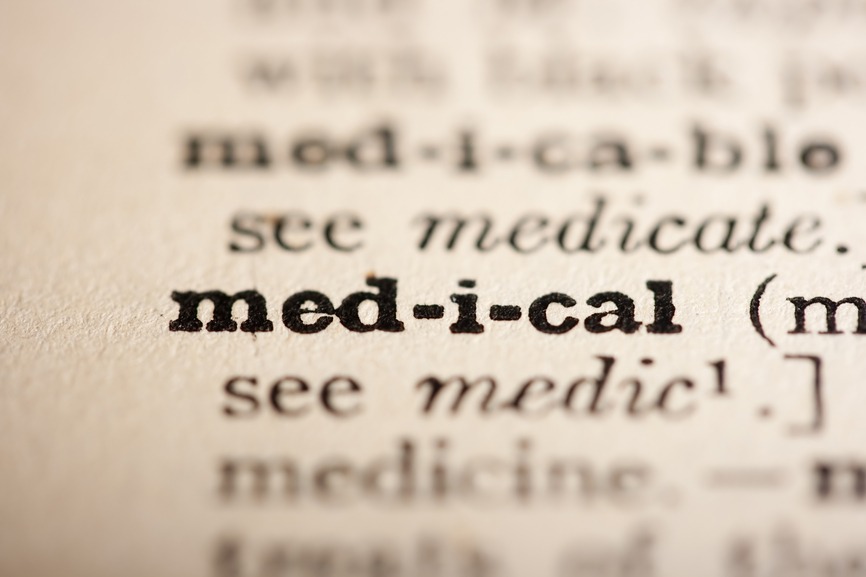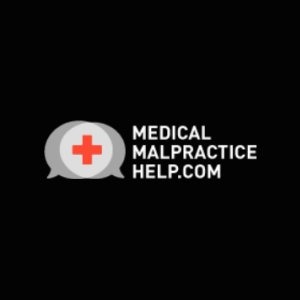 Compensatory damages are the most common type of compensation awarded in medical malpractice cases.
Compensatory damages are the most common type of compensation awarded in medical malpractice cases.
The most common damages awarded to victims in medical malpractice lawsuits are compensatory damages. As the name indicates, compensatory damages compensate patients for losses they suffered due to medical malpractice.
Compensatory damages come in two forms: economic and non-economic damages. Economic damages compensate patients for actual financial losses, while non-economic damages provide money for losses that do not have a specific dollar value.
For help understanding compensatory damages and medical malpractice law, contact the lawyers at Medical Malpractice Help at 888-261-5614.
Economic Damages
Economic damages involve actual financial losses and can be quantified in dollar terms. If a patient gets a bill for it, it is probably an economic loss. If it involves money a patient missed out on because of their injuries, such as a paycheck not earned because the patient missed work while recovering, it is also an economic loss.
The most common types of economic damages include:
- Medical expenses like hospital bills, surgery costs, prescription drugs, medical devices, and home modifications.
- Lost wages from work, including forfeited income because the patient is unable to work due to injuries.
- Anticipated future costs, such as the medical bills, lost wages, and reduced earning capacity the patient expects to face going forward.
How to Calculate Current and Future Economic Damages
To come up with dollar values for the economic damages a patient has already incurred, we add up the medical bills, paychecks they have forfeited while missing work, plus any other actual costs they have incurred due to their injuries.
While anticipated losses also involve exact amounts, it can be challenging to come up with a fair value for costs a patient is likely to face in the future. It is easy to overlook some of the more obscure costs a patient might incur in the future and, as a result, leave them out of a settlement agreement. Once a patient agrees to a settlement, their medical malpractice case cannot be reopened if they need more money to pay for unanticipated costs. That is why we consult with experts who can offer accurate estimates on your future damages.
Non-Economic Damages
Non-economic damages are as legitimate as economic losses. However, since they do not involve the forfeiture of actual money, it is more challenging to assign a dollar value to non-economic damages. These damages include:
- Pain and suffering.
- Emotional anguish.
- Loss of enjoyment of life.
- Loss of consortium.
- Loss of opportunity.
- Disfigurement.
While the patient does not receive a bill for any of these costs, they result in significant losses. The patient deserves fair and just compensation for these damages. Our medical malpractice lawyers can navigate your state laws governing non-economic losses and help you win a fair and robust settlement.
How to Calculate Non-Economic Damages
Each state has its own rules on how to calculate non-economic damages. In some states, for instance, the patient can multiply their economic damages by a certain factor—such as 1.5 or 2—to come up with a value. Also, many states place limits on damage awards for medical malpractice. California, for instance, limits these damages to $250,000.
Call Medical Malpractice Help for a Free Case Evaluation
At Medical Malpractice Help, our legal team can help you pursue the fair compensation you deserve for the injuries you or your loved one suffered at the hand of a negligent physician or healthcare provider. For a free case evaluation, call our office at 888-261-5614 today.
Compensatory Damages - Frequently Asked Questions

A person with locked-in syndrome can communicate, but it is exceedingly difficult, as they cannot talk or move any part of their body other than their eyes. To convey their thoughts or ideas, they must rely on eye movement patterns, and others must learn to read these patterns and understand them. This process can be
Read More
While an appendectomy is a routine procedure that is frequently performed, complications can quickly result if a surgical error occurs during the procedure or if the patient’s symptoms of appendicitis are not addressed in a timely manner. Although the appendix is a relatively small organ and does not appear to aid in a particular body
Read MoreCompensatory Damages - News Articles

When Sydney Galleger was told that she needed to get her wisdom teeth removed, she decided to wait until she finished her junior year of high school. Galleger was busy with her final exams and planning out which colleges she would be applying to the next year. On June 9, 2015, a few weeks after her
Read More
Toward the end of 2009, after having trouble conceiving, Danielle Madden Buck and her husband decided to try in-vitro fertilization. The procedure worked and Buck became pregnant with triplets. Her doctors, however, advised her that carrying triplets was dangerous and that twins would be more likely to survive than three infants. Buck took the recommendation
Read More